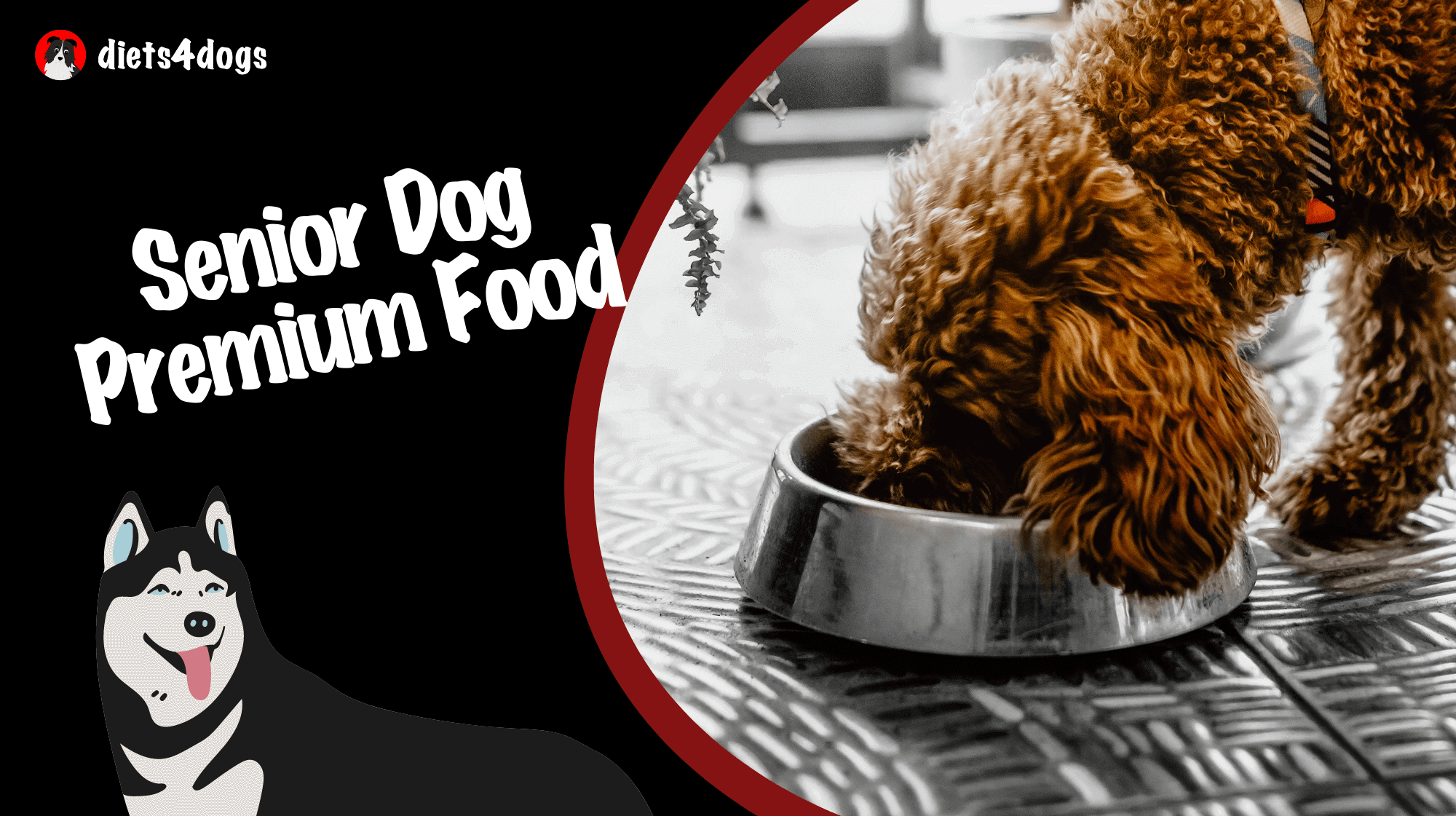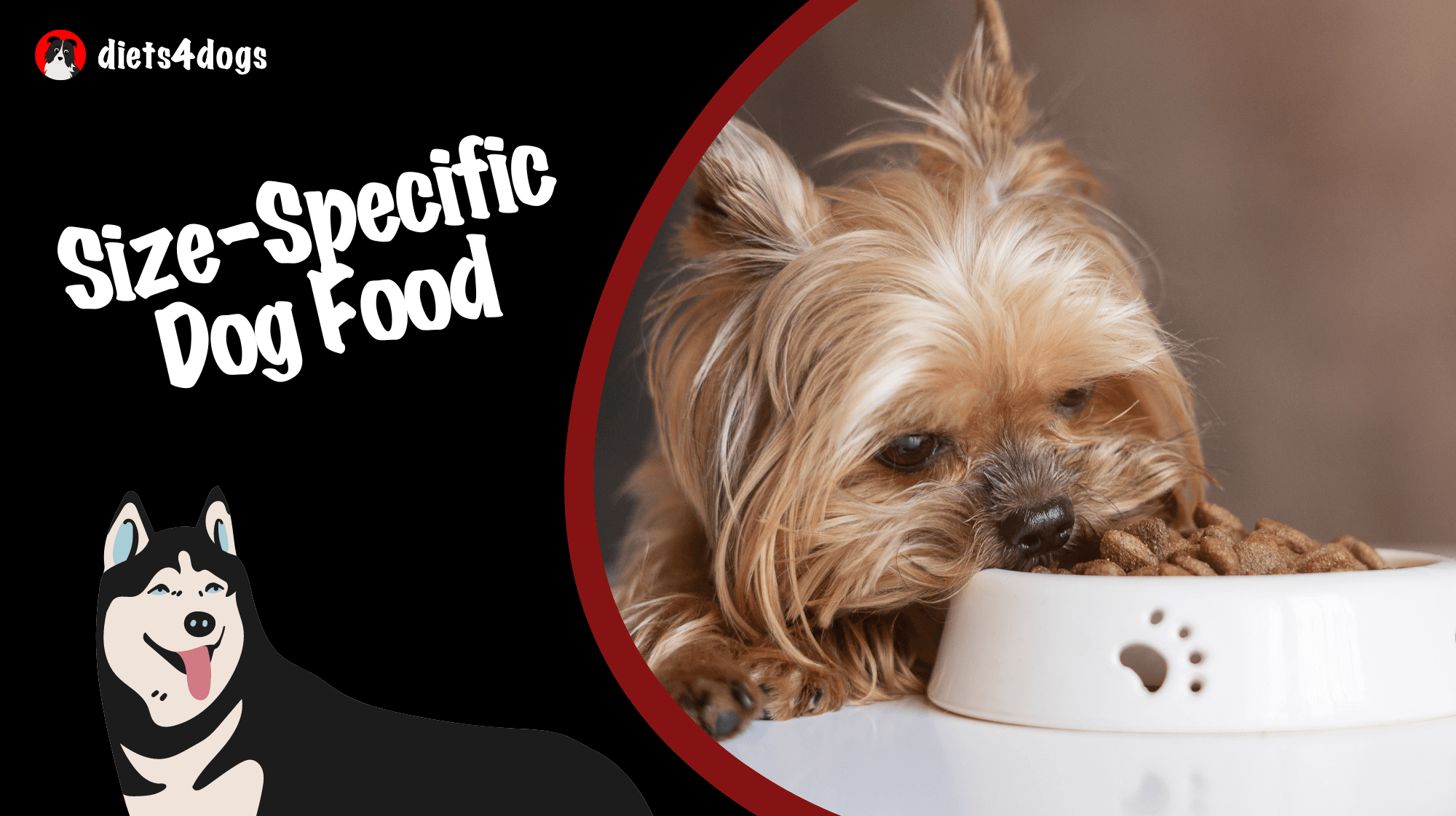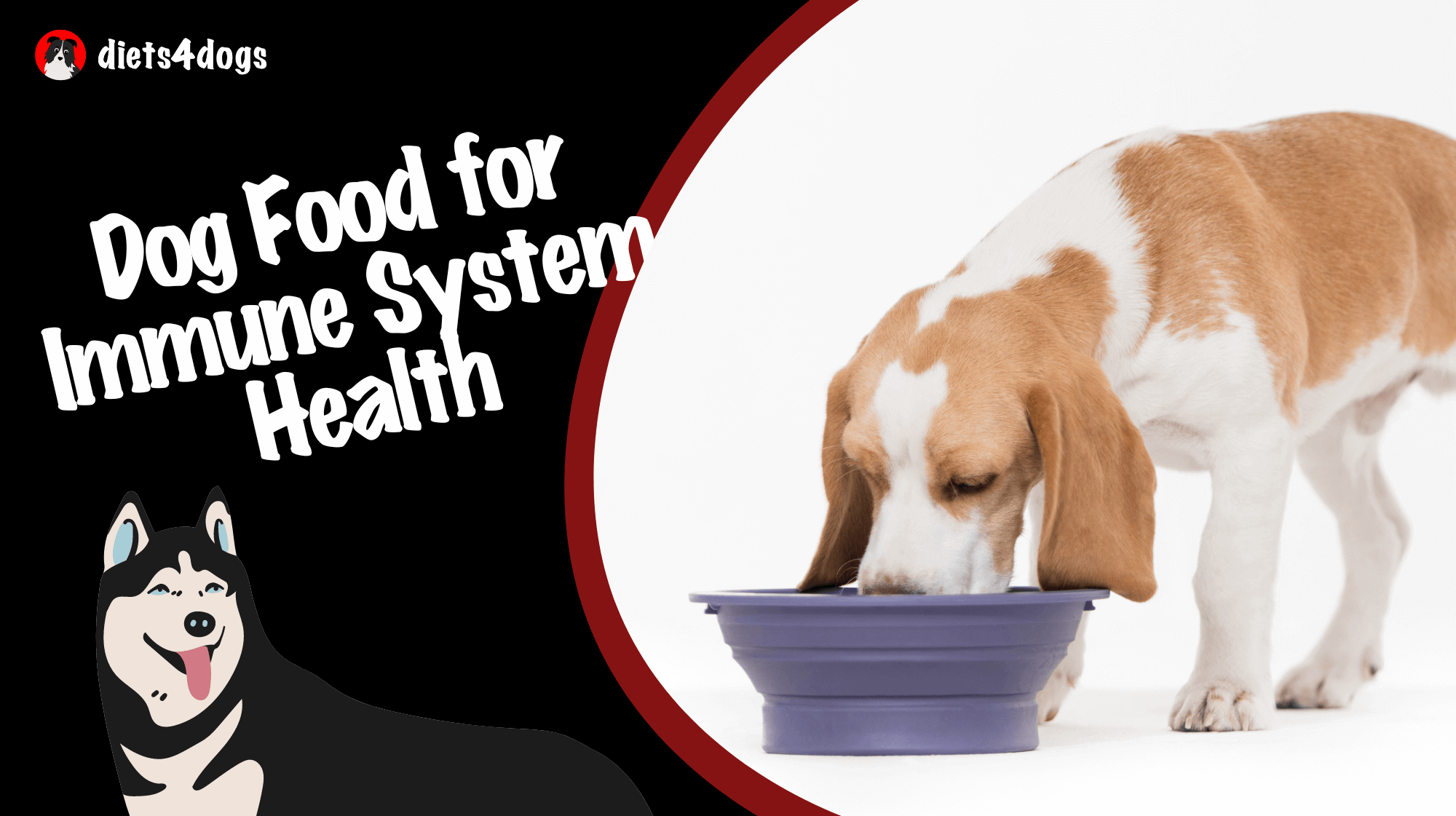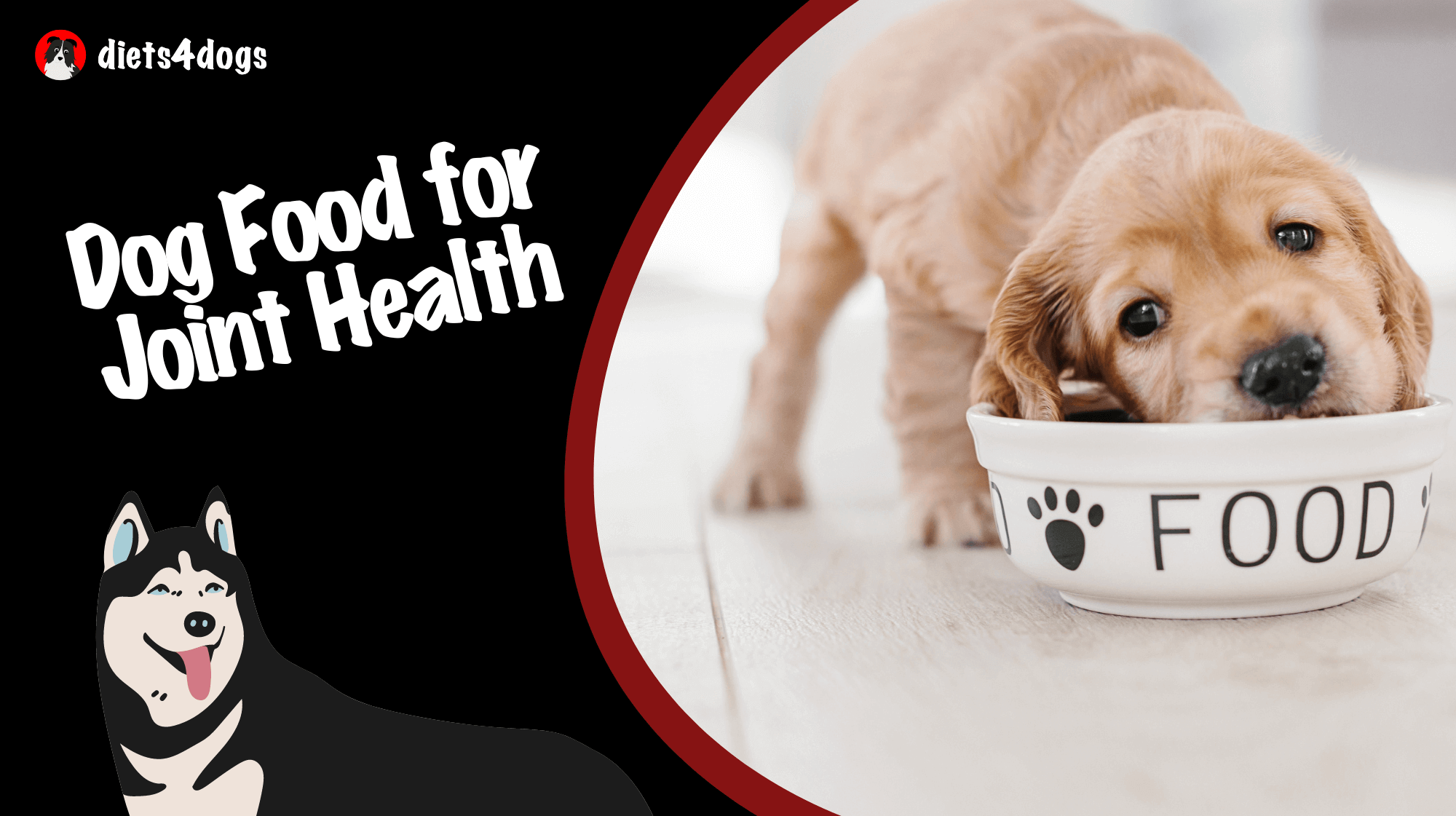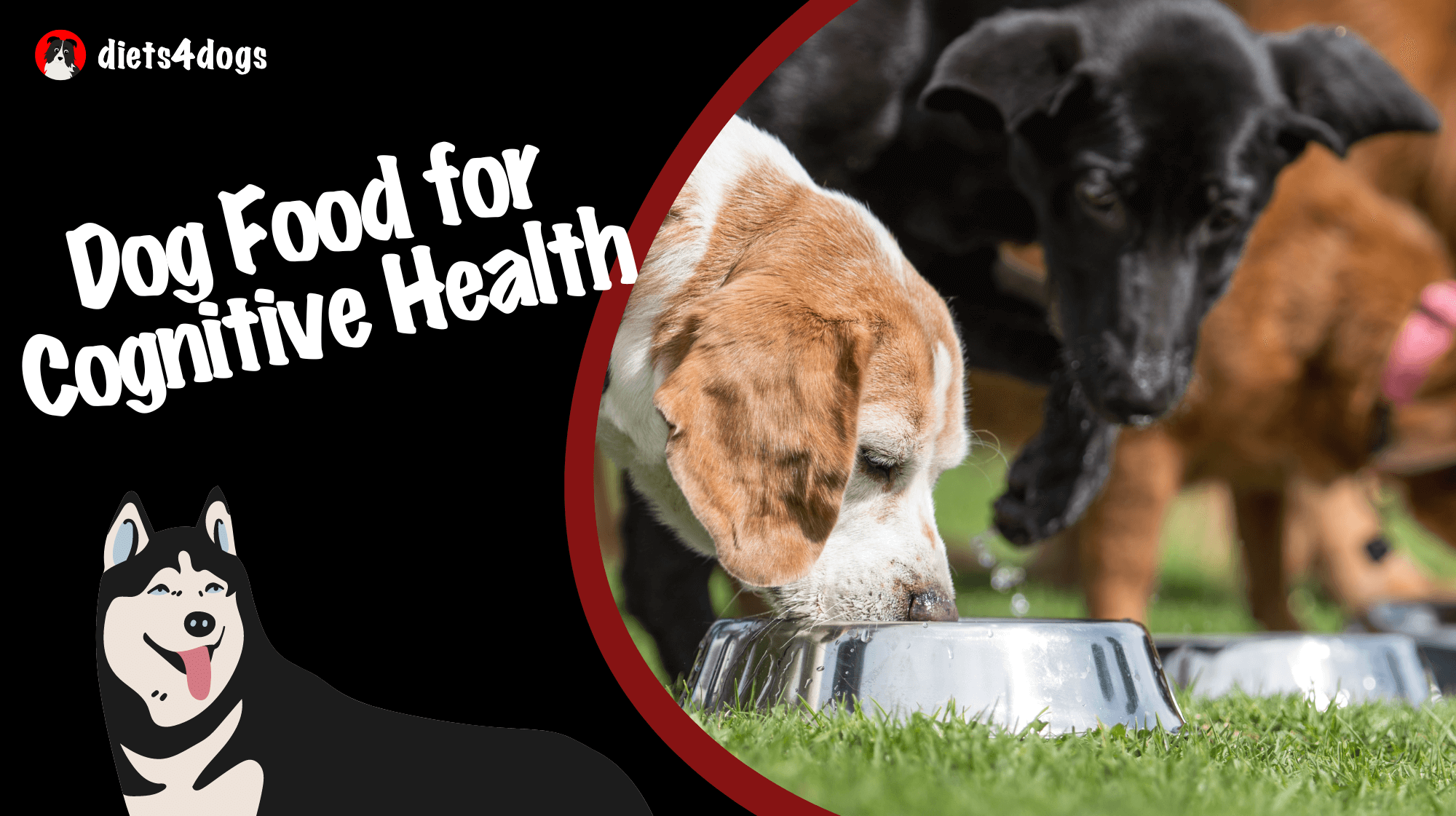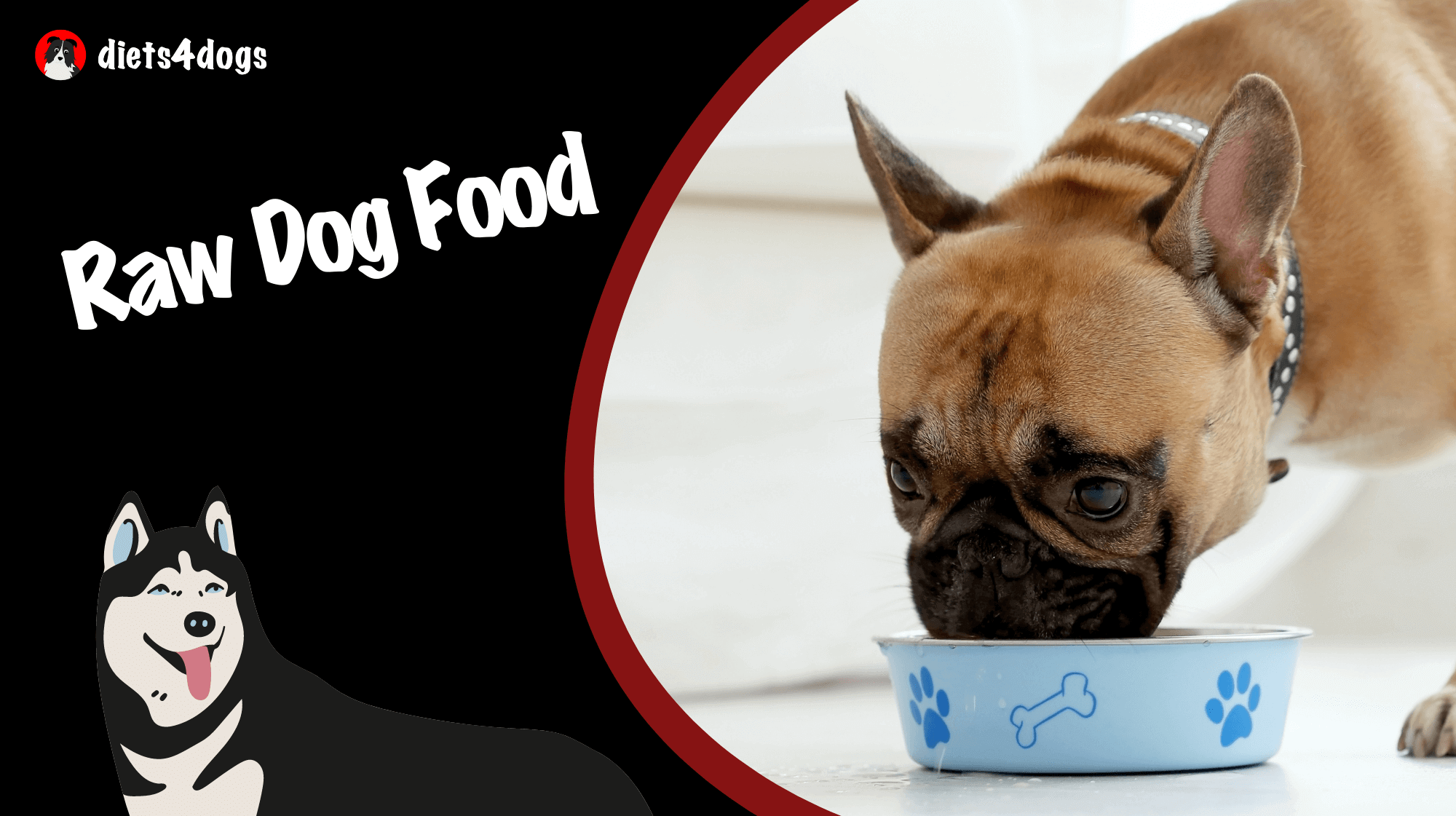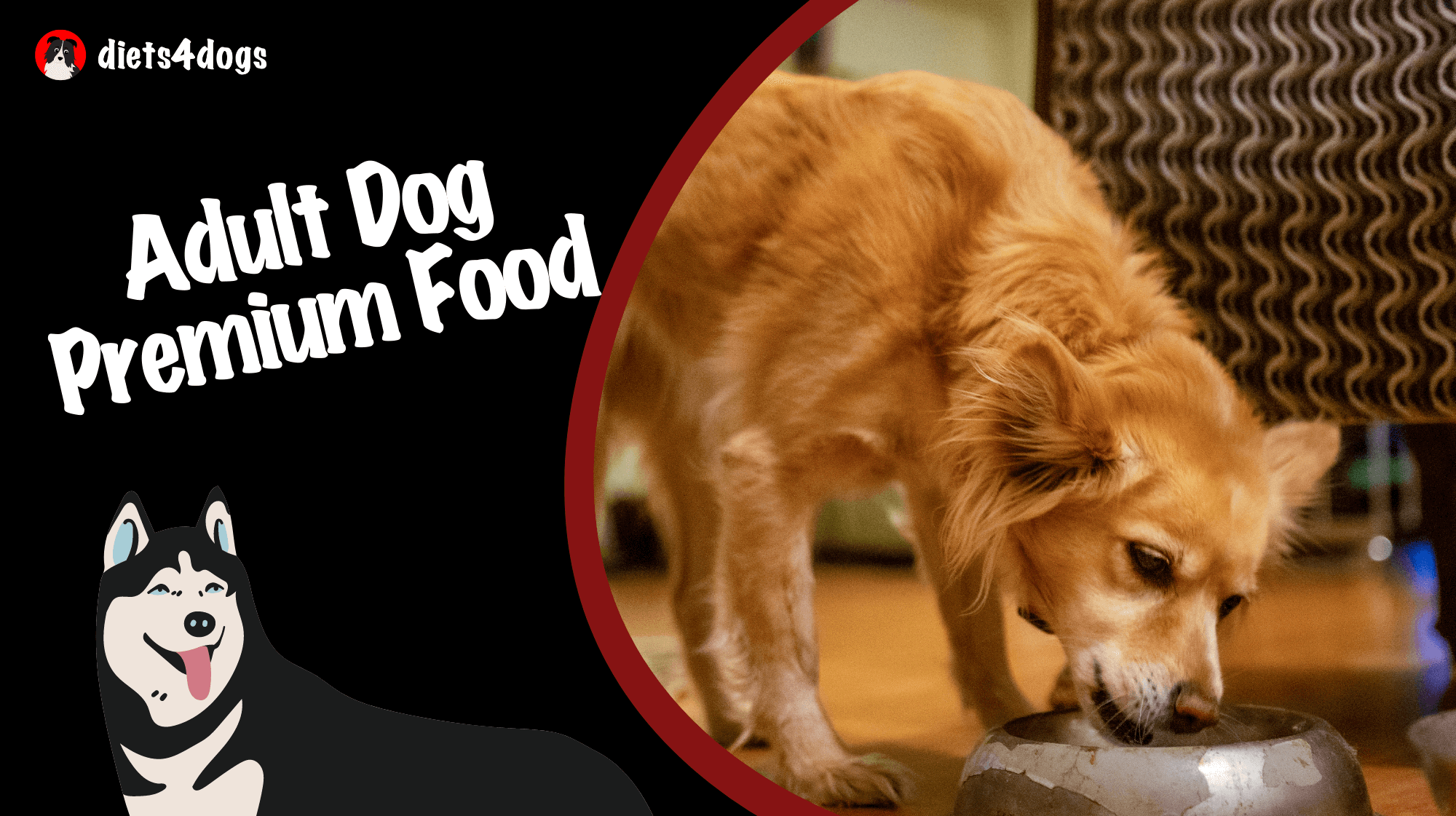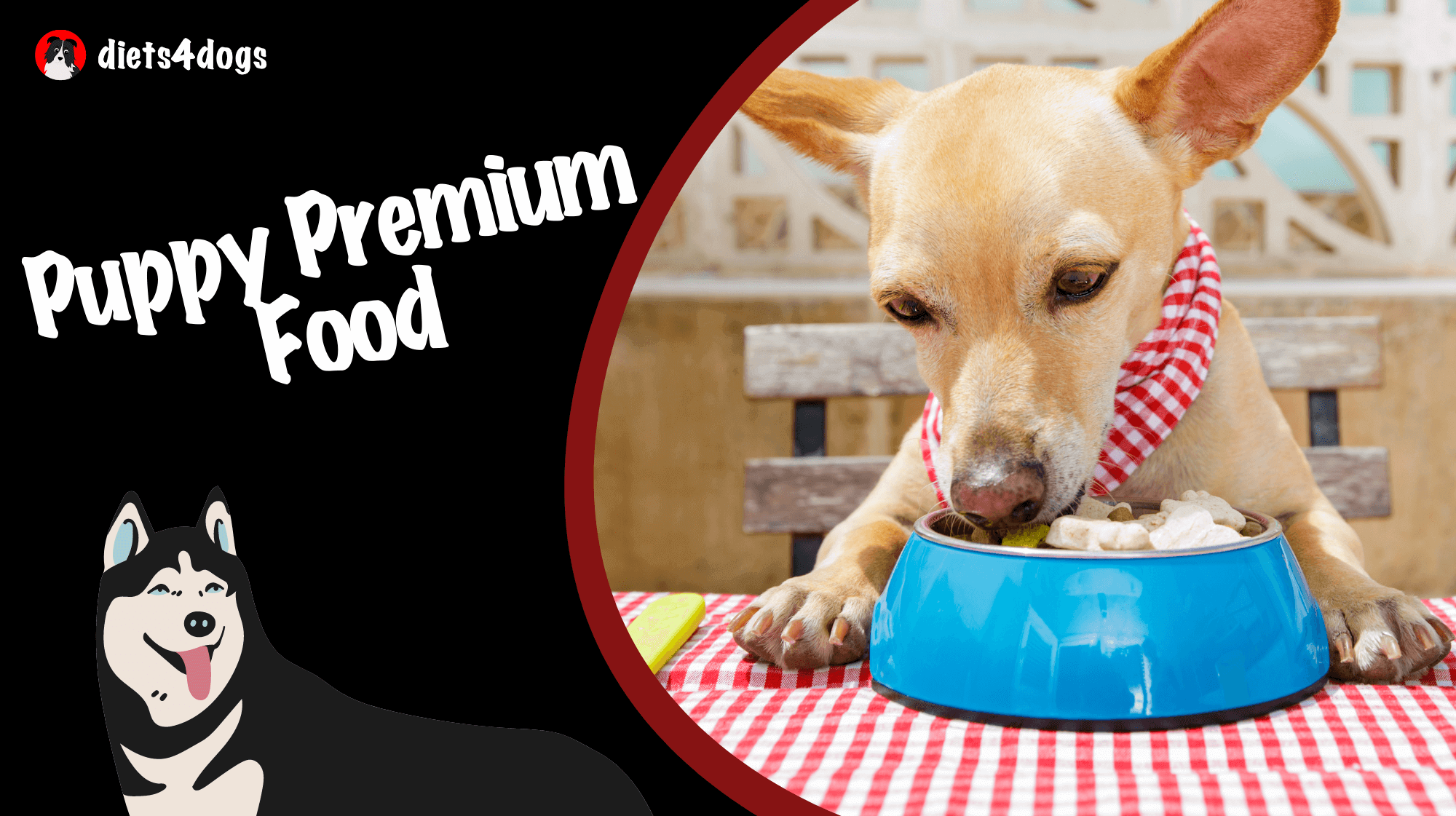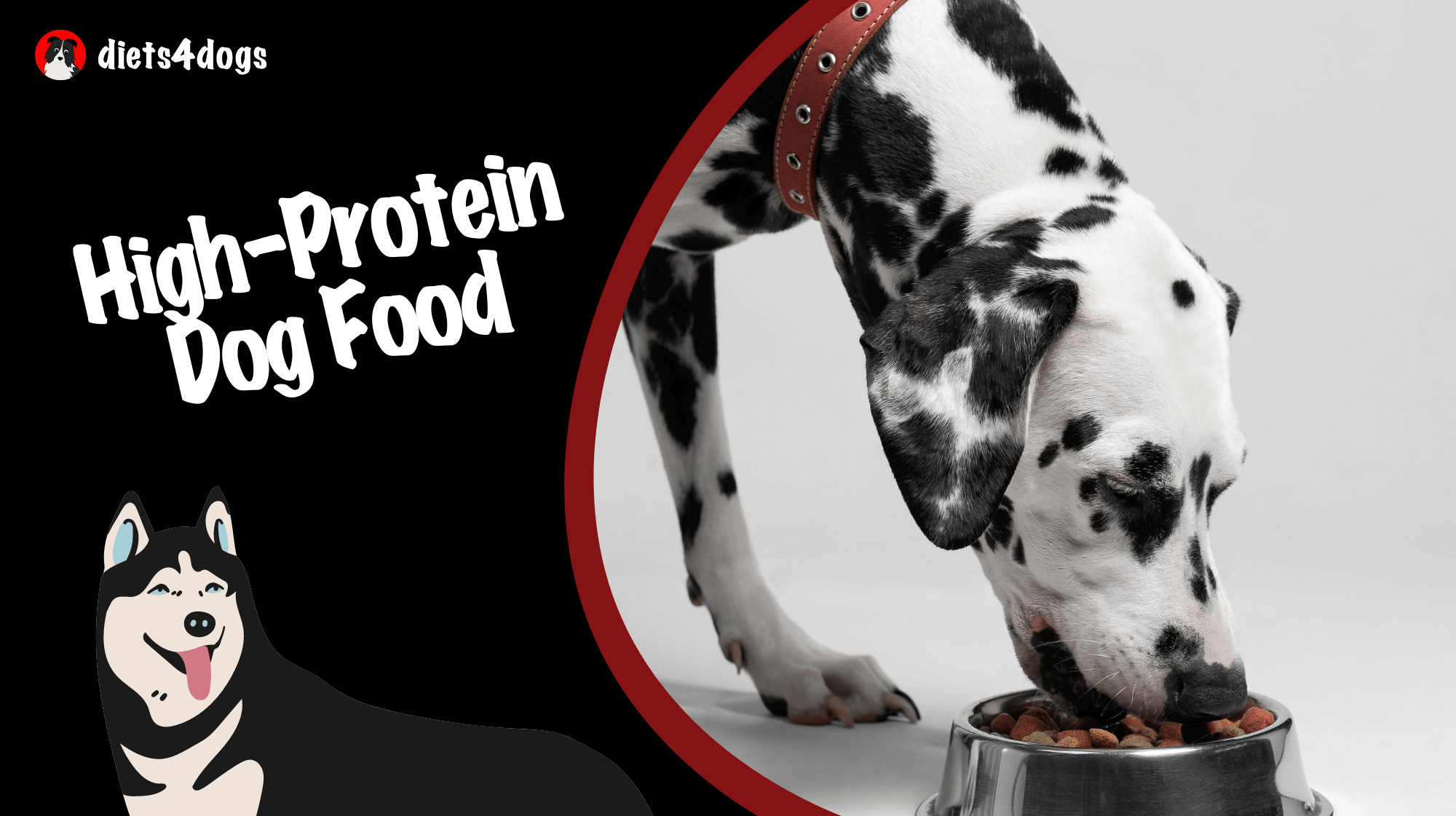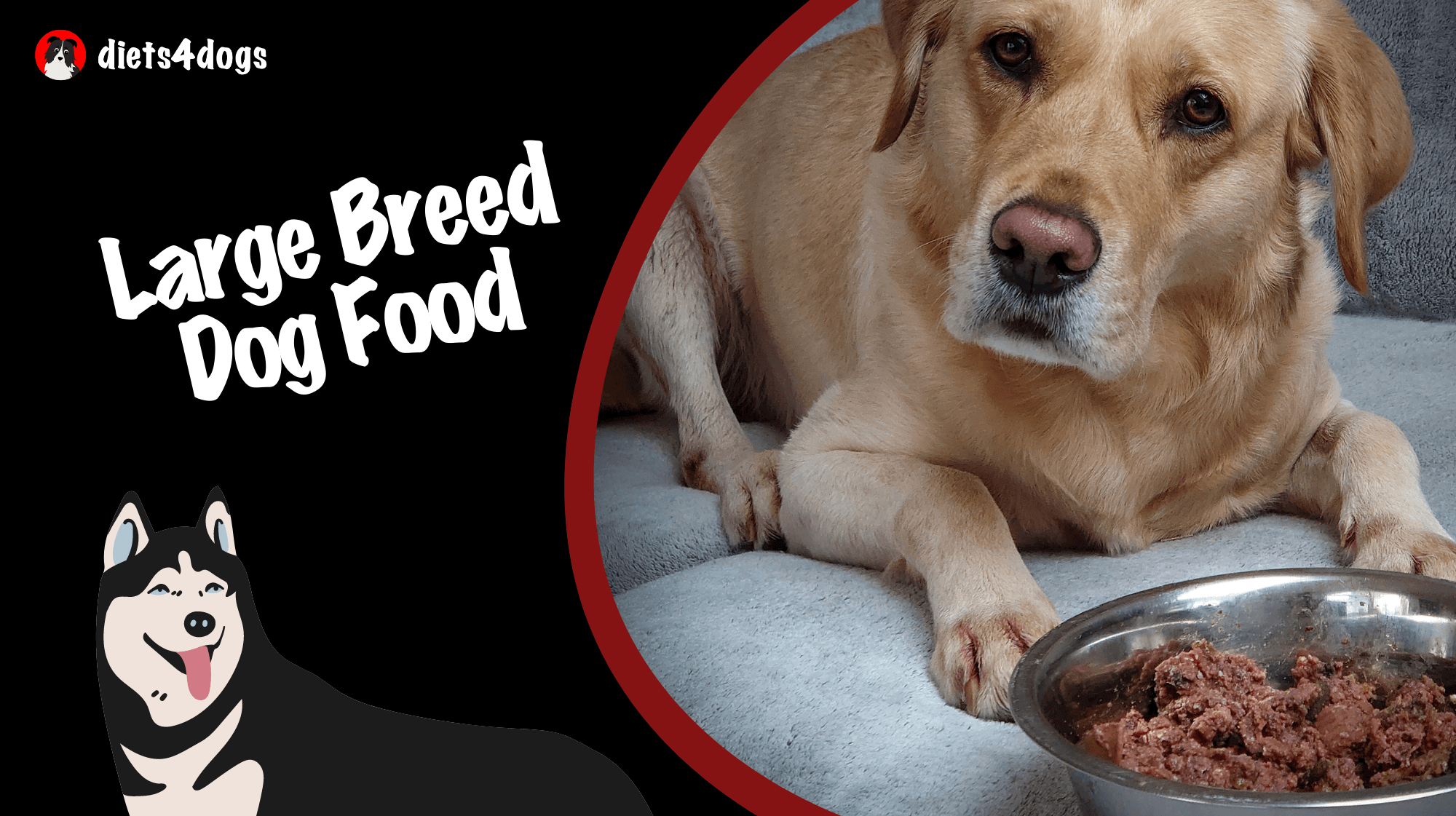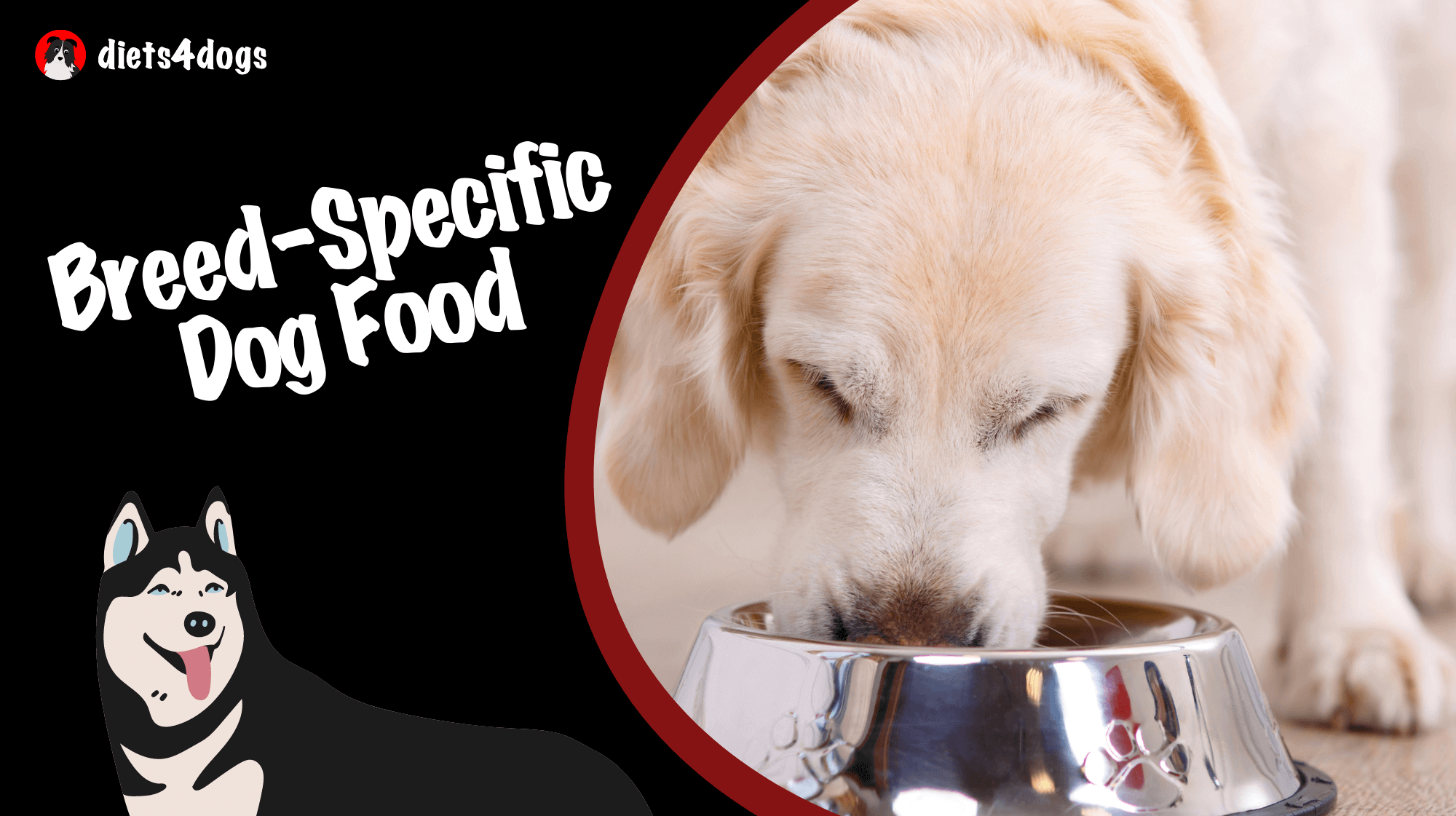As our four-legged friends transition into their golden years, their nutritional needs shift too. That’s why “Senior Dog Premium Food: Catering to Aging Nutritional Needs” is here to guide you through this tail-wagging journey! In this fun and informative blog post, we’ll be sniffing out the unique nutritional requirements of senior dogs, uncovering the advantages of premium senior dog food, and helping you pick the most suitable options to cater to your aging pet’s needs. So, grab your favorite leash and let’s embark on this adventure to promote longevity and keep your good ol’ doggo in tip-top shape!
Senior Dog Premium Food: Catering to Aging Nutritional Needs
Senior dogs have unique nutritional requirements due to changes in metabolism, energy levels, and overall health. Premium senior dog food is specifically formulated to cater to these needs, with higher-quality ingredients, appropriate caloric content, and essential nutrients to promote longevity and maintain a healthy weight. Choosing the right premium food for your aging dog is essential to provide adequate support for their physical and mental well-being during their golden years.
Understanding Senior Dogs’ Nutritional Requirements
As your furry friend becomes a distinguished senior, their nutritional needs change significantly. With aging comes a decrease in metabolic rate, muscle mass, and energy levels. Understanding your senior dog’s unique requirements is crucial to make sure they stay happy and healthy.
Energy Needs and Weight Management
Senior dogs tend to be less active than their younger counterparts, leading to a lower caloric requirement. To prevent weight gain and its associated health risks, it’s essential to keep these energy needs in mind when choosing their premium dog food. Look for options with lower calories, but still nutritious and balanced to maintain muscle mass and overall vitality.
Protein Quality and Muscle Maintenance
Although senior dogs need fewer calories, their need for high-quality protein doesn’t decrease. As they age, dogs may experience a loss of muscle mass, and a premium dog food with easily digestible, high protein sources helps counteract this loss. Adequate protein intake supports not only muscle maintenance but also immune system function, which can decline as a dog ages.
The landscape of premium senior dog food is vast, with many options to cater to every pup’s individual needs. Here’s how to find the perfect meal plan for your graying good boy or girl.
Ingredients to Look For
High-quality ingredients make all the difference when it comes to your senior dog’s health. Focus on whole foods, lean proteins, and healthy fats as key components of their diet. Essential vitamins and minerals like glucosamine, chondroitin, and omega-3 fatty acids are also vital for supporting joint health, reducing inflammation, and improving the skin and coat health of senior dogs.
Grains vs. Grain-Free
There’s often debate surrounding the inclusion of grains in dog food. While some breeds have grain sensitivities or allergies, others might benefit from the inclusion of whole grains like brown rice, barley, or quinoa. Ultimately, it’s crucial to understand your dog’s unique needs – always consult your veterinarian to determine whether a grain-free diet is appropriate for your senior canine companion.
Choosing the Right Premium Dog Food for Your Senior Companion
With so many options to choose from, picking the right premium dog food for your senior furry friend can be overwhelming. Here’s how to make an informed choice:
Check the Life Stage
When purchasing a premium senior dog food, always look for the “life stage” label on the packaging. This indicates that the formula is designed specifically for senior dogs and their unique requirements. Remember, not all senior dog foods are created equal – some may be more suitable for your dog based on their specific dietary needs.
Consult Your Veterinarian
It’s always a good idea to check with your veterinarian before making any changes to your senior dog’s diet. They can help identify any underlying health issues and assess your dog’s specific dietary needs, which will help you make the best choice in premium dog food for your aging companion.
Gradual Transition
Finally, when introducing your senior dog to their new premium dog food, don’t forget to do so gradually. A slow transition over a week or two will help avoid gastrointestinal issues and give your dog the time they need to adjust to their new food.
Understanding Dietary Restrictions and Allergies
Some senior dogs may develop dietary restrictions or allergies over time, making it more challenging to find the right premium dog food to meet their nutritional needs. Ingredients like chicken, beef, dairy, and wheat are common allergens for canines, and signs of an allergic reaction can include skin irritations, ear infections, and digestive issues. If you suspect your senior dog has developed allergies or intolerances, consult your veterinarian to determine the best course of action for their dog nutrition and identify a premium senior dog food that’s both gentle on their system and tailored to their needs.
Feeding Frequency and Mealtime Habits
As dogs mature, their feeding patterns might change too. One way to ensure your senior dog is getting the most out of their premium dog food is to pay close attention to their mealtime habits. Some senior dogs prefer smaller, more frequent meals throughout the day, while others might still enjoy their twice-daily feedings. Stick to a consistent feeding schedule, and adjust the portions or frequency as needed to maintain a healthy weight and accommodate your dog’s evolving preferences.
Homemade Diets and the Role of Supplements
For dog owners seeking more control over their senior dog’s nutrition, preparing homemade meals can be an appealing option. However, it’s important to note that crafting a balanced diet for your fur baby can be challenging, and you should consult your veterinarian to ensure your homemade meals provide all the necessary nutrients.Alternatively, you may choose to supplement your senior dog’s premium food with vet-approved, high-quality vitamins and minerals. These can help cover any nutritional gaps, ensuring your aging companion gets the support they need to thrive in their golden years.
Mobility and Exercise for Your Senior Dog
While we focus on dog nutrition and the benefits of premium senior dog food, it’s also essential to consider your dog’s physical activity. A well-rounded approach to your senior dog’s health incorporates both a balanced diet and a suitable exercise routine. Older dogs often face mobility challenges, making low-impact activities such as leisurely walks and swimming ideal for maintaining muscle tone, joint health, and cardiovascular function. Regular exercise not only keeps your senior dog physically fit but also ensures strong mental health and emotional well-being, which are crucial aspects of promoting longevity.
FAQ Section: Senior Dog Premium Food
Still have some questions about senior dog nutrition and premium food options? Don’t worry, we’ve got you covered. Below, you’ll find answers to ten common questions to help you make the best decisions for your senior furry friend.
1. At what age is a dog considered a senior?
Generally, a dog is considered a senior between the ages of 7 and 10. However, larger breeds tend to age faster than smaller breeds, so they may reach senior status earlier. Always consult your veterinarian to determine when to switch to premium senior dog food.
2. Can a senior dog eat regular adult dog food?
While adult dog food won’t harm a senior dog, it may not address their unique nutritional needs. Premium senior dog food is specifically formulated to provide the appropriate nutrients and caloric content for aging dogs, promoting overall health and longevity.
3. How do I know if my senior dog is getting enough protein?
Consult your veterinarian to assess your dog’s protein intake and discuss their individual needs. They can help you choose a premium senior dog food with high-quality protein sources, ensuring adequate muscle maintenance and immune system support.
Avoid artificial preservatives, colors, and flavors, as they may offer no nutritional benefit and can potentially cause allergic reactions. Instead, focus on whole foods, lean proteins, and healthy fats in the ingredient list. Always consult your veterinarian for guidance.
5. Is it necessary to give my senior dog supplements?
Supplements can be beneficial for some senior dogs, but they should only be introduced after consulting your veterinarian. They can help you determine if any nutritional gaps need to be filled and recommend appropriate, high-quality supplements.
6. Can I make homemade dog food for my senior dog?
Yes, but creating a balanced homemade diet can be challenging. Consult your veterinarian to ensure you’re providing all the necessary nutrients while considering your dog’s specific dietary needs. They may also recommend supplements to complement the homemade meals.
Premium senior dog food is designed to maintain a healthy weight for your aging canine. However, it’s important to monitor your dog’s weight and discuss any concerns with your veterinarian, as individual dogs may have different caloric requirements.
8. How often should I feed my senior dog?
Feeding frequency for senior dogs may vary based on their preferences and health conditions. Some senior dogs prefer smaller, more frequent meals, while others maintain their regular feeding routine. Monitor your dog’s mealtime habits and adjust portions or frequency accordingly.
9. What kind of exercise should my senior dog get?
Senior dogs often benefit from low-impact activities like leisurely walks and swimming. These exercises help maintain muscle tone, joint health, and cardiovascular function. Always consult your veterinarian to design a suitable exercise routine for your aging companion.
A sudden change in diet can potentially cause digestive issues. When introducing your senior dog to a new premium food, gradually transition over a week or two, mixing the old and new food in gradually increasing proportions to give your dog time to adjust.

